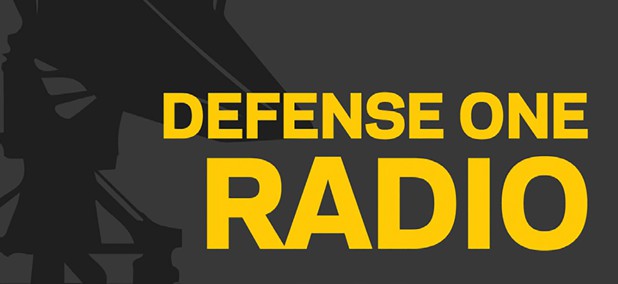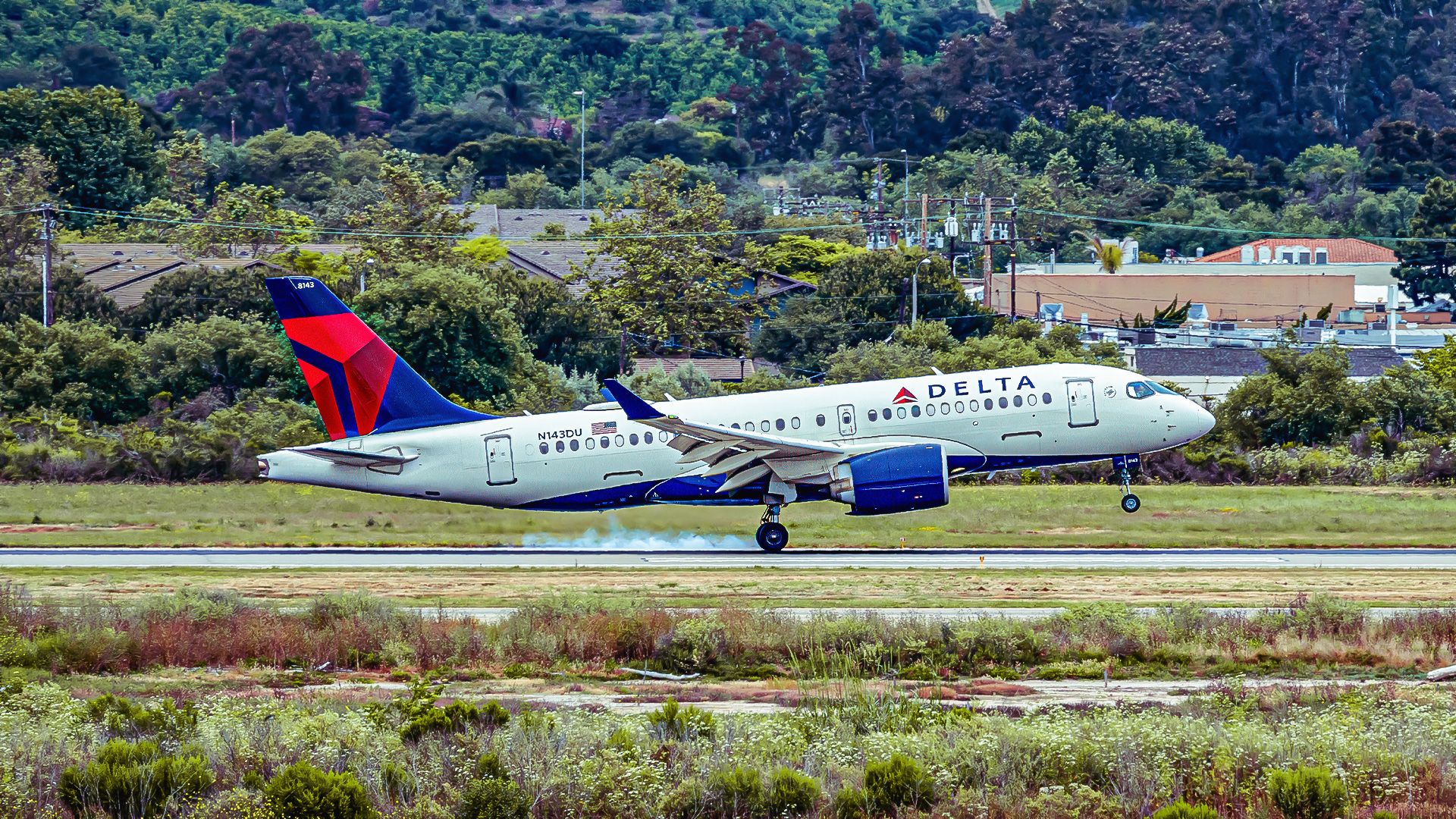In the latest episode of Defense One Radio, aired on October 4, 2023, Jon Wolfsthal, the Director of Global Risk at the Federation of American Scientists, shared insights on the evolving landscape of international security. During the conversation, Wolfsthal addressed pressing issues surrounding nuclear policy and global risk management, emphasizing the importance of proactive strategies in an increasingly complex world.
Wolfsthal, who has extensive experience in security and nuclear policy, discussed how current geopolitical tensions necessitate a reevaluation of existing frameworks. He stressed that nations must prioritize diplomacy while simultaneously preparing for potential conflicts. “We live in a world where the threats are not just from state actors, but also from non-state entities,” Wolfsthal stated, highlighting the need for comprehensive risk assessment.
Evaluating Nuclear Policy
A significant portion of the discussion focused on the implications of nuclear weapons in today’s geopolitical climate. Wolfsthal pointed out that the perceived stability of nuclear deterrence is being challenged by new technologies and the changing nature of warfare. He argued for an urgent need to update nuclear policies to reflect these realities, urging governments to engage in transparent dialogues about their arsenals.
According to Wolfsthal, the Federation of American Scientists is actively working on initiatives to promote nuclear transparency. By sharing information about nuclear capabilities and intentions, nations can foster trust and reduce the chances of miscalculations that could lead to conflict.
Wolfsthal also touched on the role of international organizations in mitigating risks. He emphasized that collaborative efforts can enhance the effectiveness of global security measures, especially in an era where misinformation can easily escalate tensions. “Our goal should be to create an environment where states can communicate openly about their security concerns,” he noted.
Looking Ahead at Global Risks
As the conversation progressed, Wolfsthal shared his predictions for the future of global security. He highlighted emerging threats, including cyber warfare and climate change, as critical factors that will shape international relations in the coming years. The interplay between these challenges and traditional military threats will require innovative solutions and adaptive strategies.
Wolfsthal concluded by urging policymakers and the public alike to remain vigilant. He believes that understanding the complexities of global risk is essential for maintaining peace and stability. “Awareness is the first step towards action,” he stated, reinforcing the idea that informed citizens can drive meaningful change.
The episode serves as a critical reminder of the importance of addressing global risks in a comprehensive manner. With experts like Jon Wolfsthal leading the conversation, there is hope for a more secure future, provided that nations commit to proactive engagement and collaboration.






